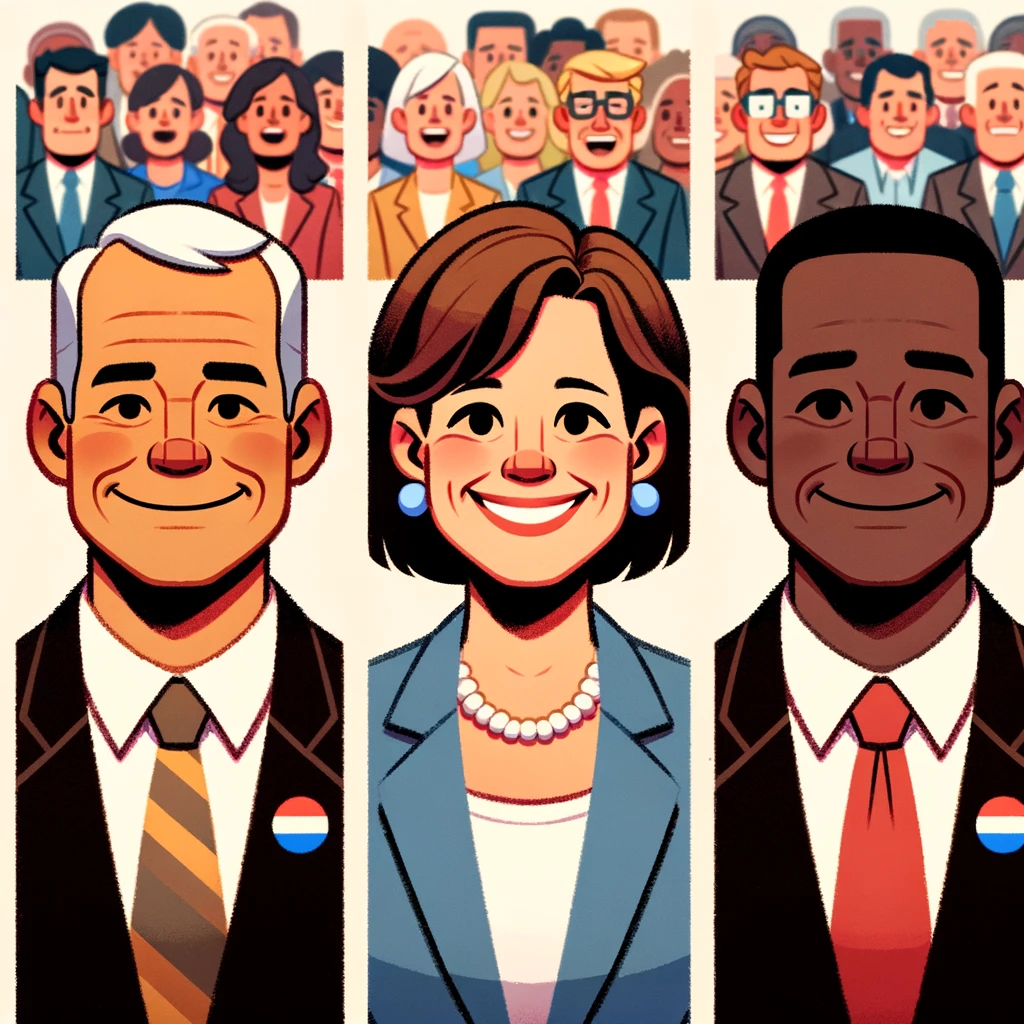
Smiles in Politics: More Than Just a Pretty Face
When we think about what influences our political choices, issues like economic policy, social justice, and international relations often come to mind. But what about a politician’s smile? Surprisingly, the simple act of smiling can have a profound impact on election outcomes—a topic explored in recent research on the 2019 UK general election.
The Power of a Smile
The study, titled “Winners and losers: Emotional shifts across elections are conveyed by a politician’s smile,” examines how different types of smiles—reward and affiliative—affect voter emotions. Reward smiles, often seen as genuine, are linked to joy and enthusiasm. In contrast, affiliative smiles, which convey approachability and appeasement, might play a more subtle role in politics.
During the election, researchers showed participants video clips of political leaders Boris Johnson, Jeremy Corbyn, and Jo Swinson, displaying either reward or affiliative smiles. The findings? Affiliative smiles from Boris Johnson, who won the election, significantly increased happiness and affinity among viewers, including those from opposing parties.
Smiles Cross Party Lines
Interestingly, the study revealed that affiliative smiles have a unique power to cross party lines, increasing positive feelings even among those who didn’t vote for the smiler. This suggests that such smiles can act as a bridge in politically polarized environments, fostering a sense of unity and shared purpose among diverse groups.
For instance, even Labour and Liberal Democrat supporters showed increased happiness and reduced anger when exposed to Johnson’s affiliative smiles post-election. This ability to influence even the opposition’s voters highlights the potential of nonverbal communication in politics.
Why This Matters
The implications of this research are intriguing. In an era where political division often seems insurmountable, understanding how nonverbal cues like smiles can sway public opinion is invaluable. It’s not just about the policies and promises; it’s about how candidates make us feel. A well-timed smile can turn the tide of an election by transforming emotional landscapes.
Moreover, these findings emphasize the need for politicians to be aware of their nonverbal communication. The right smile at the right time can resonate more with voters than a well-argued debate point.
Engaging the Voters
As readers, what do you think about the influence of nonverbal cues like smiles in politics? Have you ever found yourself more drawn to a politician based on their demeanor, regardless of their political stance?
Feel free to share your thoughts and experiences in the comments below. Engaging with these subtle aspects of political communication can provide deeper insights into our collective political behavior.
Conclusion
This study illuminates a crucial yet often overlooked aspect of political engagement. As we continue to dissect the factors that influence voter behavior, the smiles of our leaders might hold more sway than we previously appreciated.
Embark on a Scientific Adventure:
Dive into the world of science with our weekly newsletter! It’s perfect for teachers and science lovers who want to stay up-to-date with the newest and coolest discoveries. Each issue is filled with the latest research, major breakthroughs, and fascinating stories from all areas of science. Sign up for free and take your teaching and learning to the next level. Start your journey to becoming more informed and in tune with the constantly changing world of science. Subscribe today!
About the Author
Jon Scaccia, with a Ph.D. in clinical-community psychology and a research fellowship at the US Department of Health and Human Services with expertise in public health systems and quality programs. He specializes in implementing innovative, data-informed strategies to enhance community health and development. Jon helped develop the R=MC² readiness model, which aids organizations in effectively navigating change.



